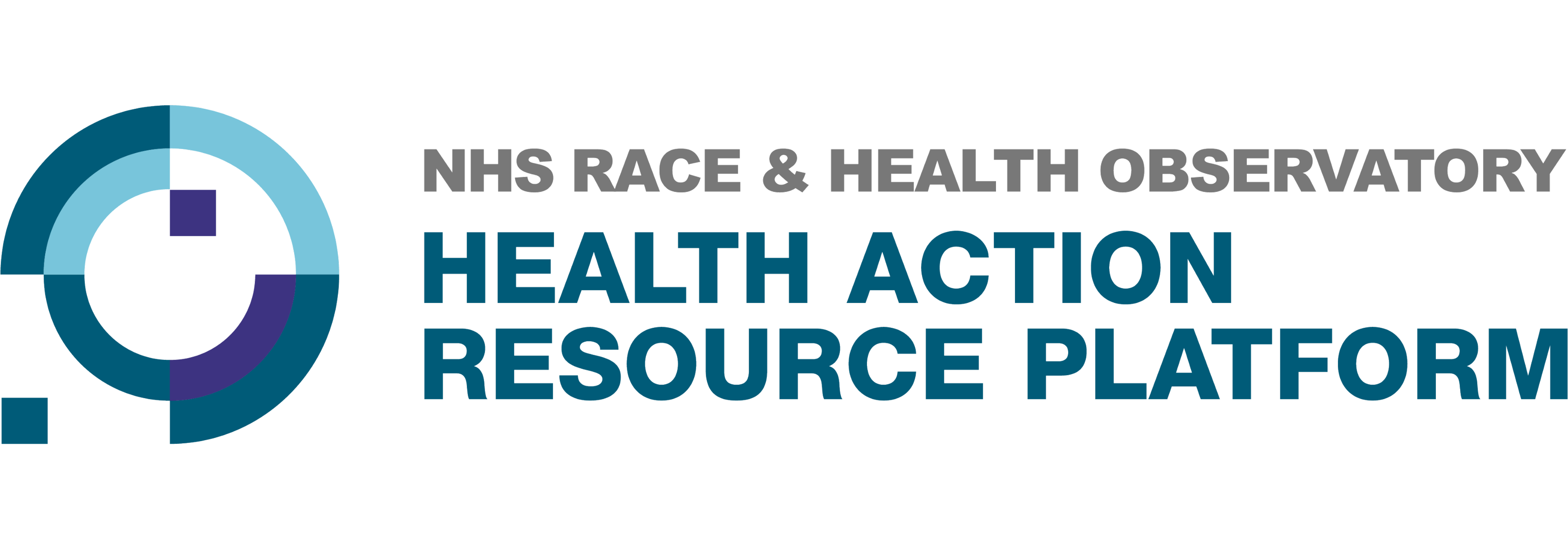Introduction
Surgical care forms a critical component of the UK healthcare system, encompassing planned (elective) procedures and emergency interventions across a wide range of specialties. While the NHS continues to advance in surgical outcomes and safety, long-standing disparities in access, treatment, and outcomes remain—particularly among ethnic minority populations. Socioeconomic factors and geographic access to surgical centres further widen these gaps[1].
Evidence indicates that Black and South Asian patients in England are less likely to access certain surgical procedures, experience longer waits, may face higher complication rates post-surgery and in some cases, higher in-hospital mortality rates [2,3]. From an intersectional perspective, the disparities widened when more than one inequality factor is considered. For example, findings from a 2024 study into Inequalities in access to and outcomes of cardiac surgery in England between 2010-2019, reported standardised rates of both coronary artery bypass graft (CABG) and valve surgery were lowest in black women from the lowest socioeconomic quintile[3].
The NHS Race and Health Observatory’s 2022 report on the elective care backlog and ethnicity highlighted the disproportionate impact of delayed surgical procedures on ethnic minority patients. The report called for urgent improvements in ethnicity data collection in providing a better understanding of ethnic variation in case mix, access to and uptake of care, and outcomes.
Eliminating ethnic inequalities in surgical care is essential to achieving equity in health outcomes. This means ensuring that all patients, regardless of ethnicity, have access to timely, safe, and high-quality surgical treatment.
27% & 26%Waiting for care
Black, African, Caribbean or Black British ethnicities and people of Mixed or Multiple ethnicities are significantly more likely to say they are waiting for planned NHS care than people of White ethnicities (27% and 26% respectively compared to 21%).
Source: Nuffield Trust, NHS hospital care: Who is waiting and what are they waiting for?
32%coronary artery
Between 2010-2019, 32% black people were less likely to have access to coronary artery bypass graft
Source: BMJ-Inequalities in access to and outcomes of cardiac surgery in England
Valve surgery ⇓intersectionality
Between 2010-2019, standardized rates of both coronary artery bypass graft (CABG) and valve surgery were lowest in Black women from the lowest socioeconomic quintile
Source: BMJ-Inequalities in access to and outcomes of cardiac surgery in England
References
- [1] Georghiou T, Spencer J, Scobie S, Raleigh V. The elective care backlog and ethnicity Acknowledgements. Published online 2022. Accessed June 2, 2025. https://nhsrho.org/research/the-elective-care-backlog-and-ethnicity-2/
- [2] NHS hospital care: Who is waiting and what are they waiting for? | Nuffield Trust. Accessed June 2, 2025. https://www.nuffieldtrust.org.uk/news-item/nhs-emergency-and-planned-care-who-is-waiting-and-what-waiting-for
- [3] Lai FY, Gibbison B, O’cathain A, et al. Inequalities in access to and outcomes of cardiac surgery in England: retrospective analysis of Hospital Episode Statistics (2010–2019). Heart. 2024;110:1262-1269. doi:10.1136/heartjnl-2024-324292
